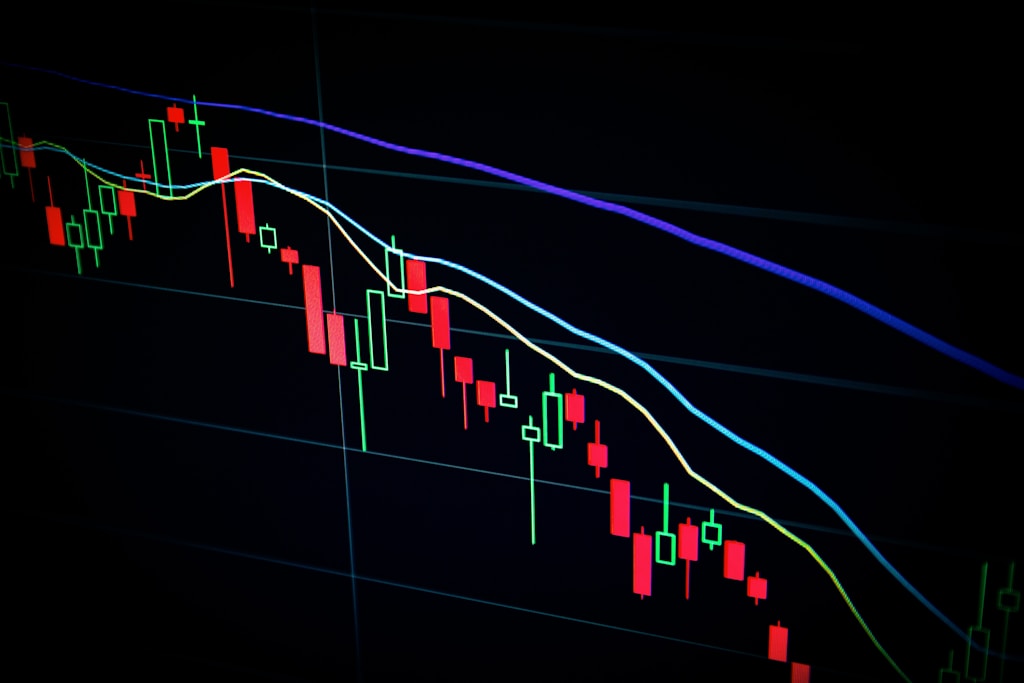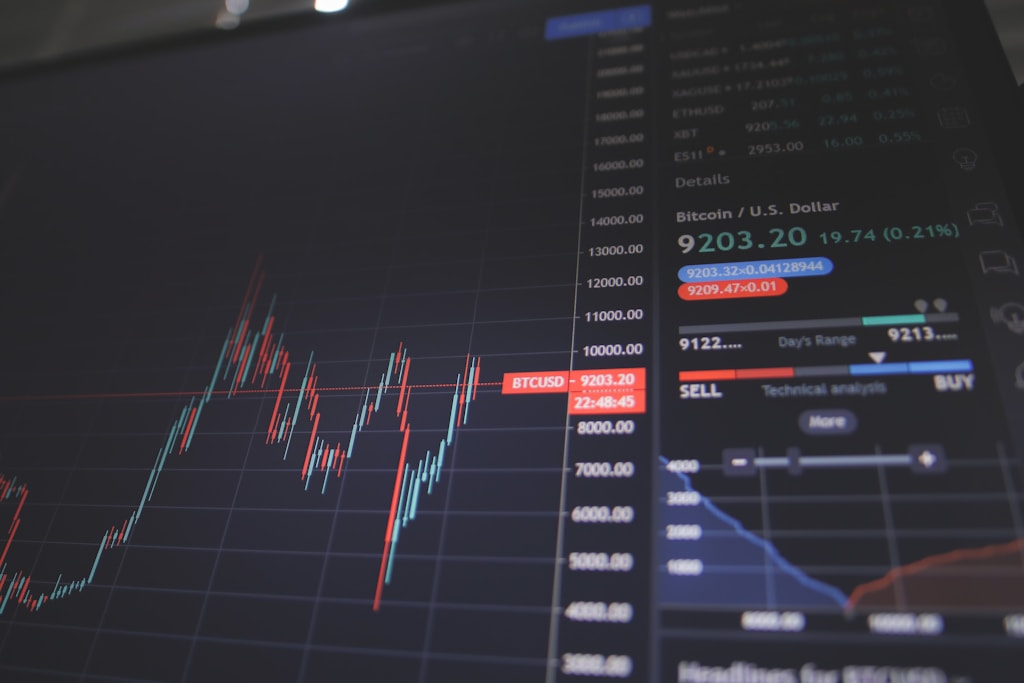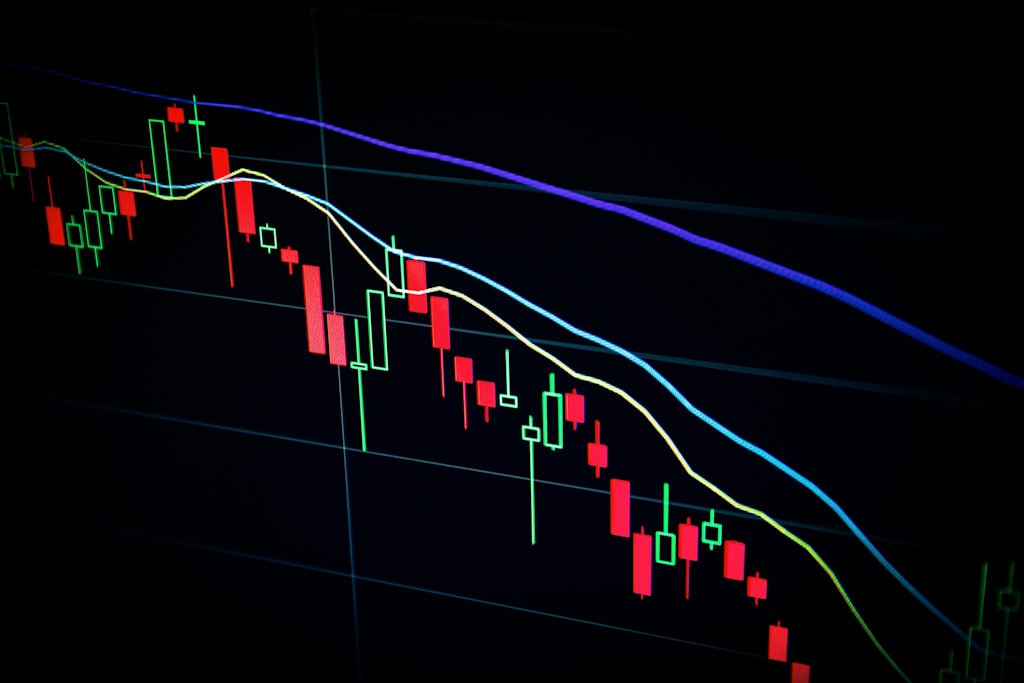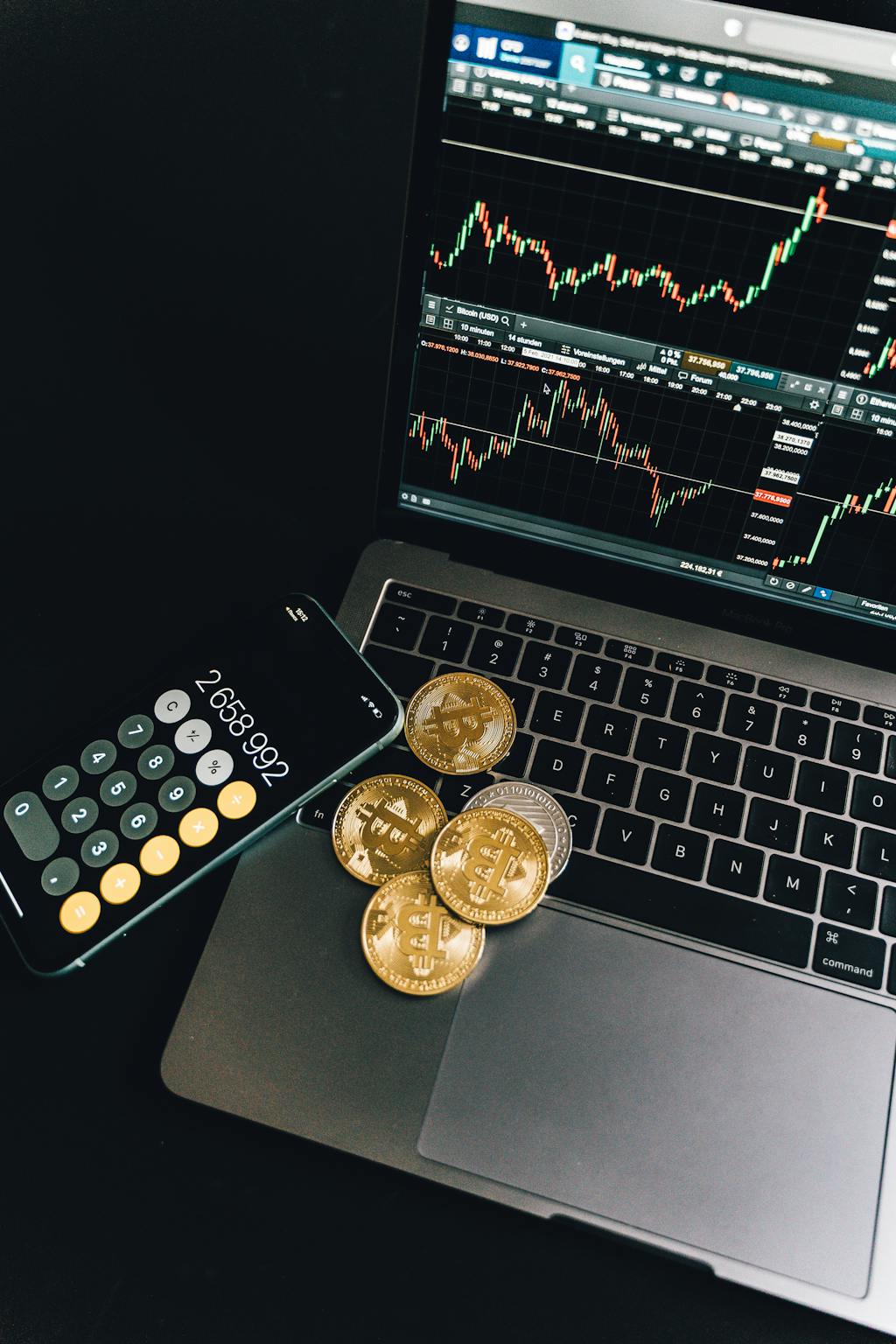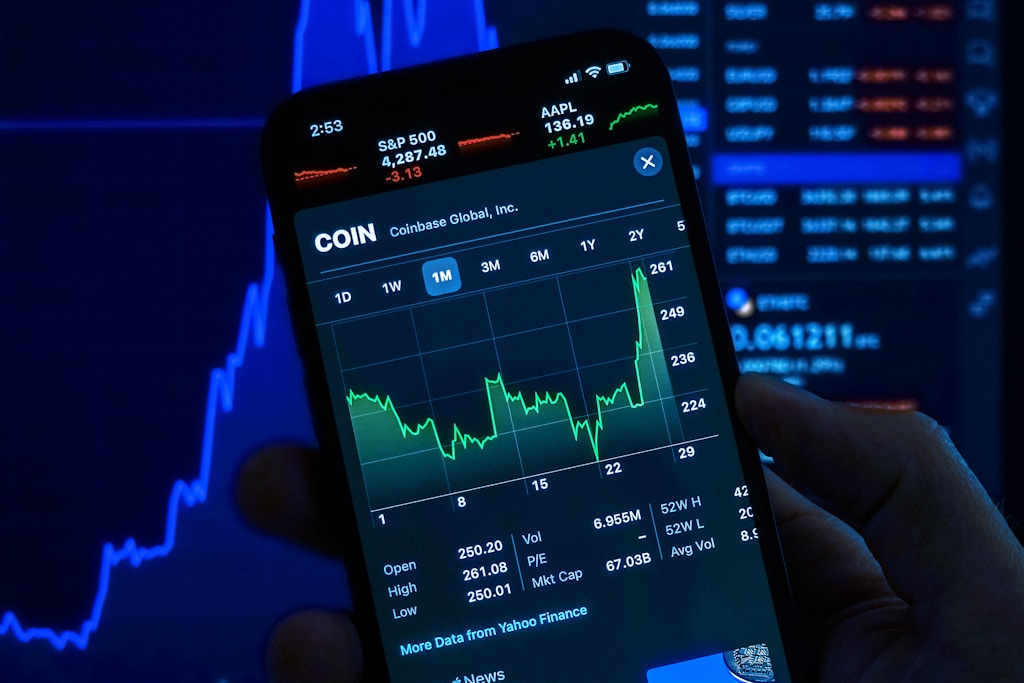Russian Ruble Dominates 2025 Currency Markets Despite Sanctions
The Russian ruble has emerged as 2025’s best-performing currency, defying international sanctions and showcasing the complex dynamics of global financial markets. This surprising development comes as Russian financial activities face increased scrutiny in the crypto sector, highlighting the divergence between traditional and digital finance.
Key Findings on Ruble’s Performance
- Bank of America confirms ruble’s position as top-performing currency in 2025
- Central Bank of Russia’s strategic economic interventions prove effective
- Capital controls play crucial role in maintaining currency stability
Understanding the Ruble’s Resilience
The ruble’s remarkable performance stems not from organic market confidence but rather from calculated economic measures implemented by Russian authorities. The Central Bank of Russia has deployed several key strategies:
- Strict capital controls limiting currency outflows
- Strategic interest rate management
- Mandatory foreign currency conversion requirements
Impact on Global Markets
The ruble’s performance has significant implications for international trade and cryptocurrency markets. As traditional currency markets show resilience to geopolitical pressures, digital assets continue to provide alternative channels for cross-border transactions.
FAQ Section
Why is the Russian ruble performing so well in 2025?
The currency’s strength is primarily due to strict capital controls and central bank interventions rather than natural market forces.
How do sanctions affect the ruble’s performance?
While sanctions have limited Russia’s access to global markets, domestic monetary policies have helped maintain currency stability.
What does this mean for global crypto markets?
The situation highlights the growing importance of cryptocurrency as an alternative financial channel in regions facing traditional banking restrictions.
Looking Ahead: Market Implications
As the global financial landscape continues to evolve, the ruble’s performance serves as a case study in how traditional currency markets can be influenced by centralized control measures. This situation may accelerate the adoption of decentralized financial alternatives.
